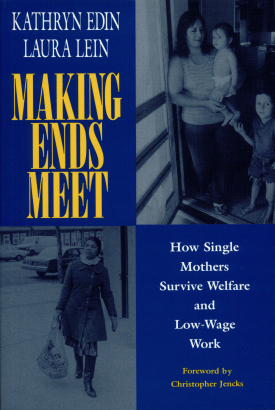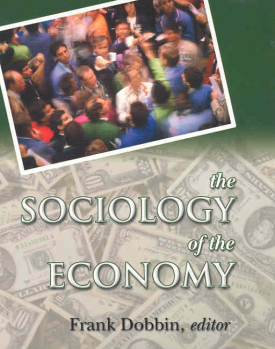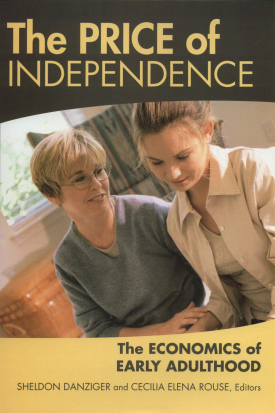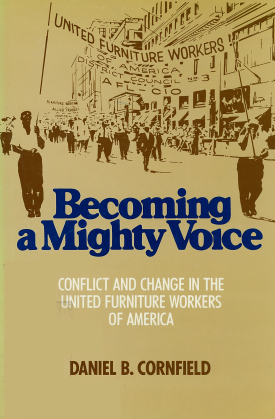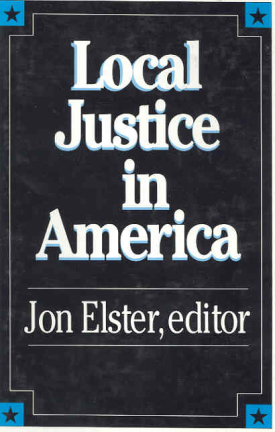
Local Justice in America
About This Book
Notions of justice and fairness are central to the American belief that the pursuit of a healthy and productive life is the right of all citizens. Yet in the real world there are seldom sufficient resources to meet the needs of everyone, and institutions are routinely forced to make difficult decisions regarding who will be favored and who will not. Local Justice in America is an insightful look into how selections are made in four critical areas: college admissions, kidney transplants, employee layoffs, and legalized immigration.
This volume's case studies survey the history and modern rationale behind seemingly enigmatic allocation systems, chronicling the political and ethical debates, occasional scandals, and judicial battles that have shaped them. Though these selection processes differ significantly, each reflects a bitter struggle between opposing—and equally intense—principles of local justice. For example, are admissions officers who use special points to foster student diversity less fair than those who rely exclusively on scholastic achievement? How did the system of personal discretion among doctors selecting transplant patients come to be viewed by the public as more inequitable than compassionate? Does the use of seniority as a gauge in layoffs violate equal opportunity laws or provide employers with their only objective and neutral criterion? How have partisan interest groups repeatedly shifted immigration quotas between the extremes of xenophobia and altruism?
In framing chapters, editor Jon Elster draws upon these studies to speculate on the unique nature of the American value system. Arguing that race matters deeply in all considerations of local justice, he discusses how our society's assessment of neediness balances on the often uneasy compromises between the desire to reward deserving individuals and the call to strengthen opportunities for disadvantaged groups. Well informed and stimulating, Local Justice in America speaks directly to policy debates in the fields of health, education, work, and immigration, and makes an important contribution to our understanding of the fundamental social issues that affect our daily welfare.
JON ELSTER is Edward L. Ryerson Distinguished Service Professor of Political Science and Philosophy at the University of Chicago.
CONTRIBUTORS: Patricia Conley, J. Michael Dennis, Gerry Mackie, Stuart Romm.

